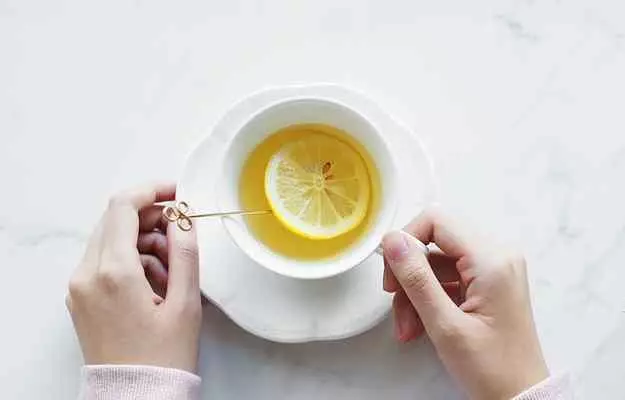Nothing starts a day better than a cup of tea. It refreshes the mind and elevates mood along with providing warmth energy to the body. What's more, there is an array of teas to choose from, ranging from black tea to earl grey, oolong and herbal teas, the supermarket aisle is a tea lover’s reprise. Lemon tea is probably the most well known and loved beverage all around the world. This refreshing and rejuvenating tea is most commonly consumed for its weight loss benefits but you don’t have to be a health enthusiast or a chai lover to enjoy a sip of this tea.
All you have to do is add a few drops of lemon juice into your morning cup of black tea or herbal tea and you are good to go.
Since lemons are loaded with vitamin C, lemon tea also aids in immunity development and detoxifying your body. The faint citrusy scent of lemons enlivens senses so you can get up and begin your day with renewed energy.
Want to know more? Read on!























